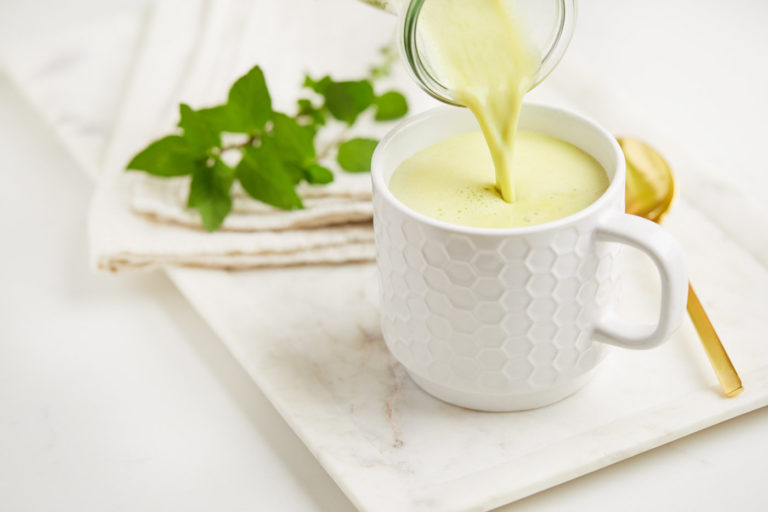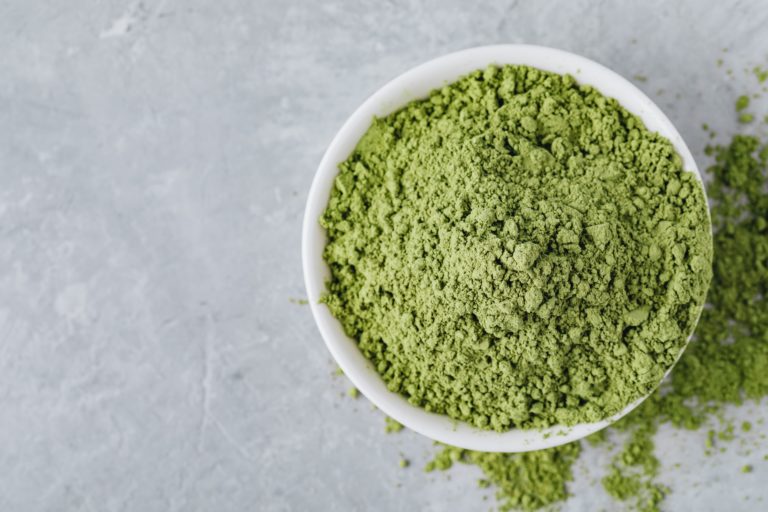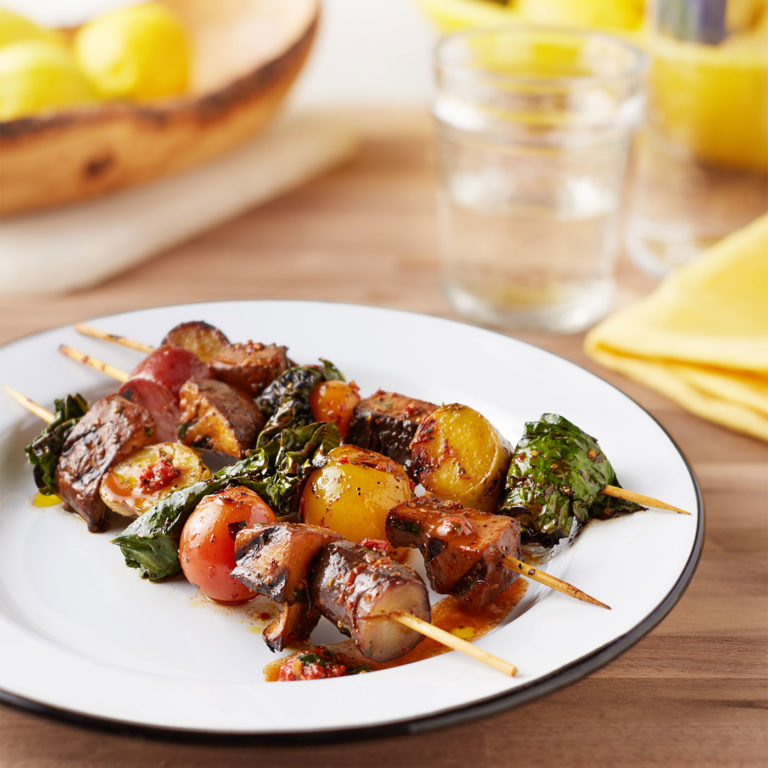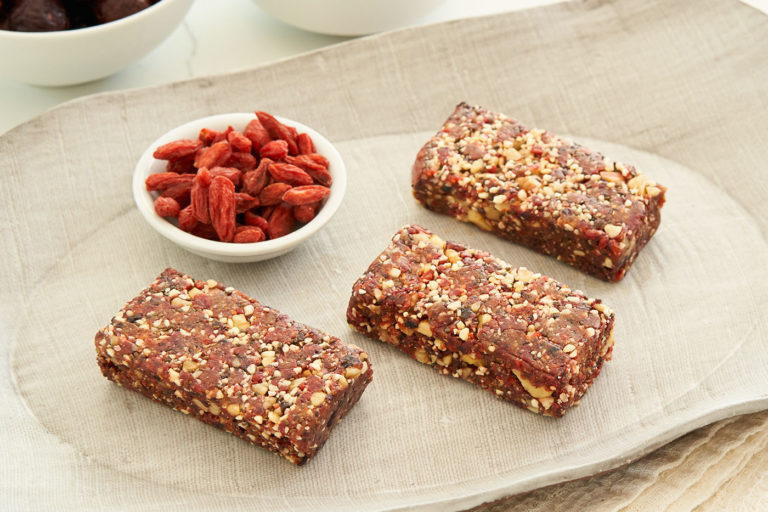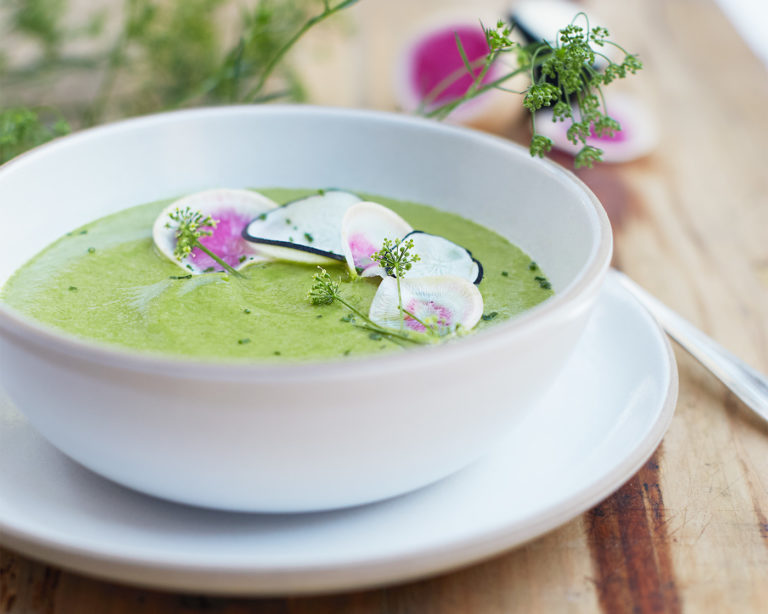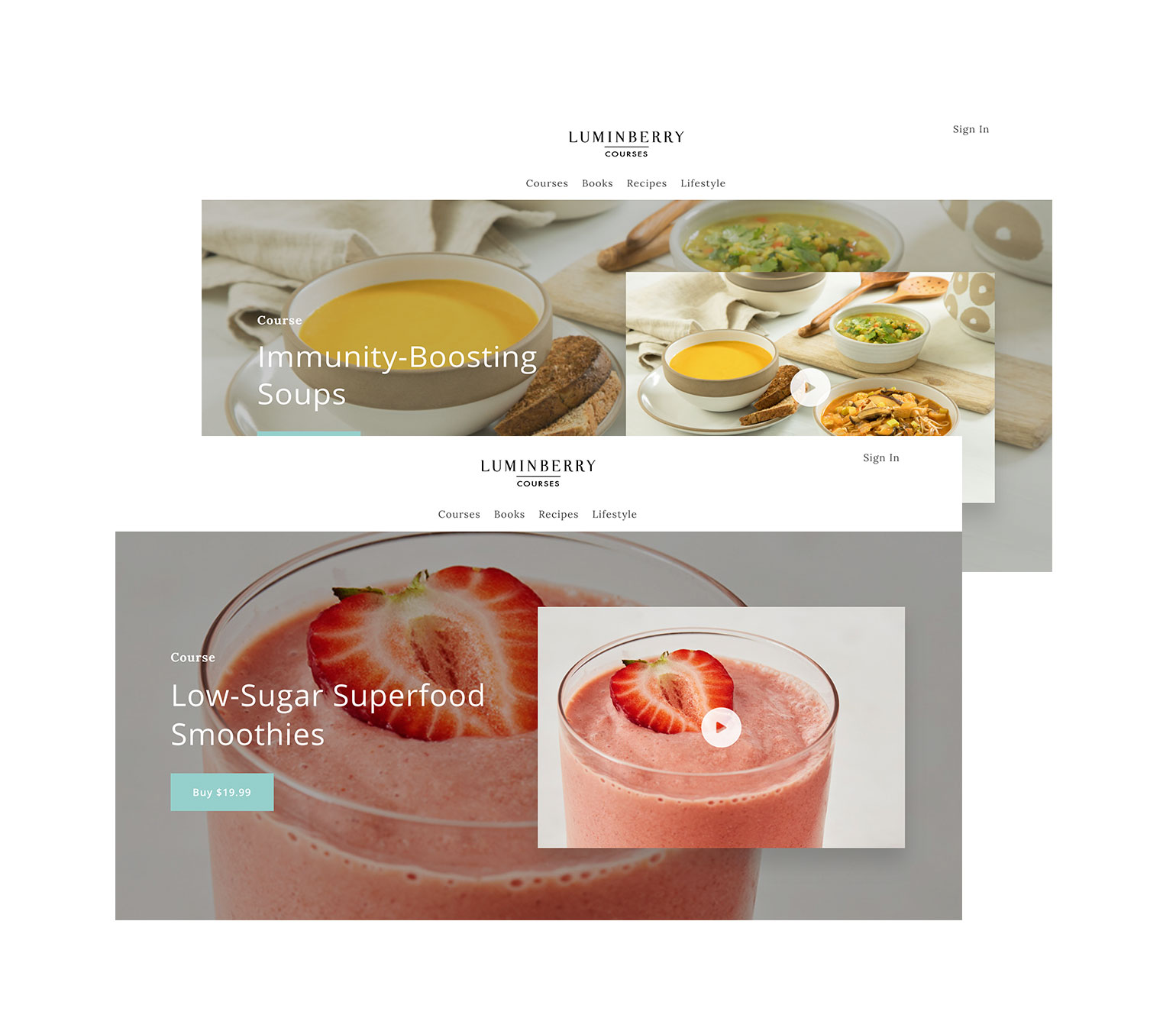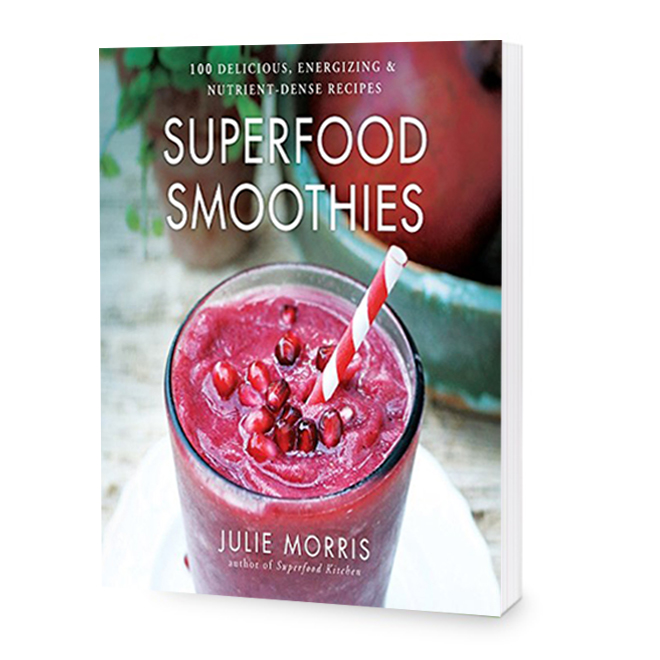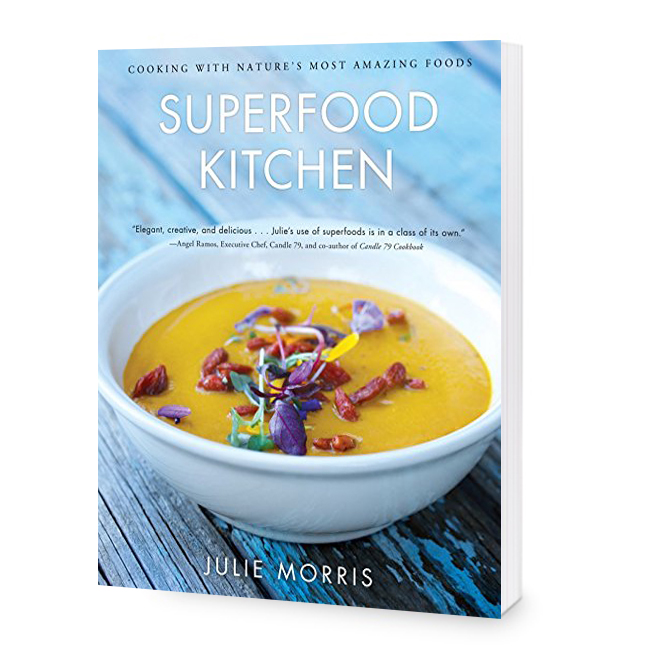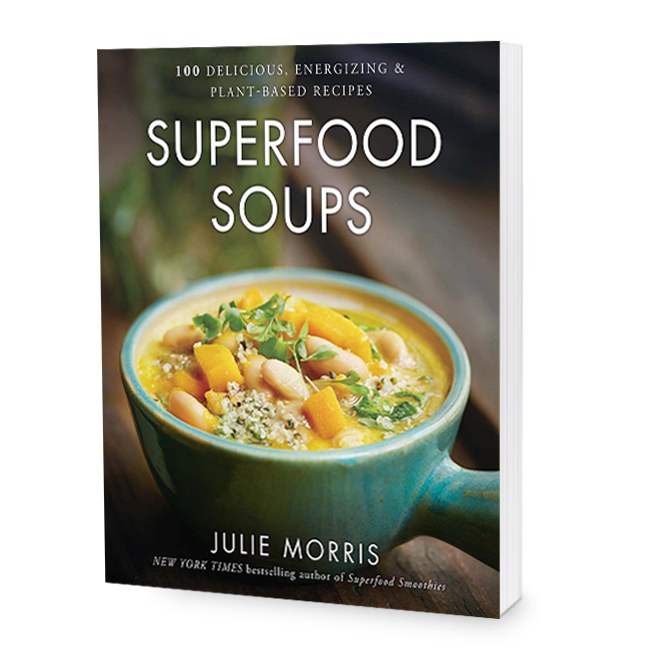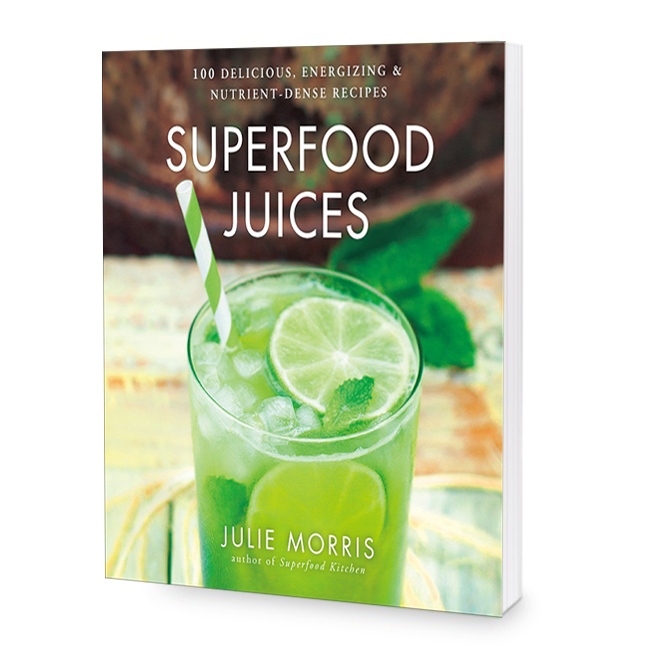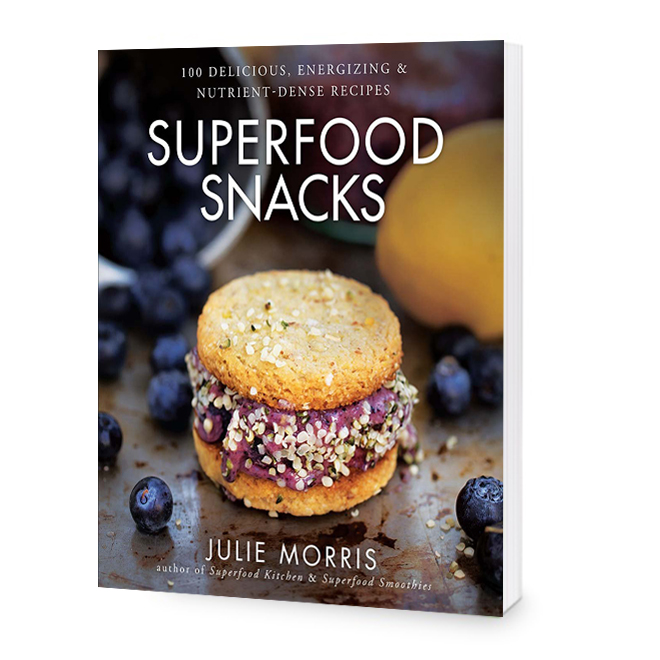You’ve heard it; you’ve said it. “I’m so stressed out.”
We live in a culture that lauds being “busy,” pushes a hard work ethic above all else, and pressures us to continually “increase” over extolling the virtues of sustainability. At this rate, is it any wonder that we’re a society full of stress? Adding to the problem is our dependence on stimulants like caffeine (to help us work harder), and inflammatory foods to feed our cravings (cravings which stem from, ahem, working too hard), all of which wear down the body even further. Meanwhile, the practice of relaxation is something of a lost art, in a time where we need it more than ever before.
But for anyone seeking a more balanced path, there are many simple daily techniques to help the body relax. Meditation, breath-work, sleep (including power-napping), and light exercise are a few that may come to mind. And within this same category, we must include nutrition: which can help prime the body for rest, and in some cases, even help protect us from the effects of stress in the long run.
One of my favorite ways to enjoy relaxation in edible form is via an elixir. Elixirs give us the opportunity to pack in a host of functional foods in one condensed shot. Plus, elixirs are very easy to create – if you can make a smoothie or a cup of tea, you can make an elixir. Here are a few tips on making your own elixir, and bringing out your inner alchemist:
Base liquid: A good base liquid to use is either water or an unsweetened non-dairy milk, such as almond milk. Avoid juices or anything with sugar.
Relaxants: Many foods and herbs are natural relaxants! These ingredients can also serve as the key flavor theme of your recipe. For example, cacao is a great relaxant due to its high magnesium. Or, sedative herbs like chamomile, valerian, and lavender can be used in tea form, and may help alleviate tension.
Adaptogens: Aim to add an adaptogen in your mix, which will help support your adrenal glands and balance stress hormones. Great adaptogens include superfoods like maca, holy basil, ashwagandha, and goji berries. You can use either a powder or a tincture form of these – use either a full or partial serving as indicated on the package. While you can use a couple adaptogens at the same time, there is no need to go overboard with including many or all of them: more is not better, and enough is just right.
Fat: Healthy fats can be extremely healing for the body to help it reset. Coconut oil is an ideal fat to add, but you can also blend in other fats like hemp or chia, in either whole seed or oil form. Add anywhere from 1 teaspoon to 1 tablespoon.
Anti-inflammatory foods: A stressed body is an inflamed body, and an inflamed body is a body ripe for disease and injury. The importance of including anti-inflammatory nutrients in your elixir cannot be overstated. Many antioxidants offer anti-inflammatory activity, so using powerhouses like turmeric, (curcumin) goldenberrries (quercetin), and camu (vitamin C) are very effective ways to help “cool down” internally and heal.
Temperature: Generally speaking, I recommend using warm elixirs for the purpose of unwinding. Warm foods and beverages are easier for the body to digest, and serve as one less energy expenditure for your system to take on.
Flavor: Elixirs err on the side of small and action-packed as opposed to large and decadent. If you need to amp up the flavor, use sugar-free natural sweeteners like stevia, warming spices like cinnamon, or a refreshing squeeze of citrus to help appeal to your taste buds.



